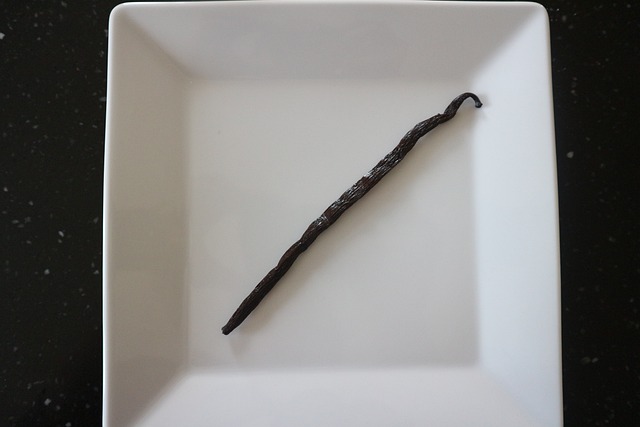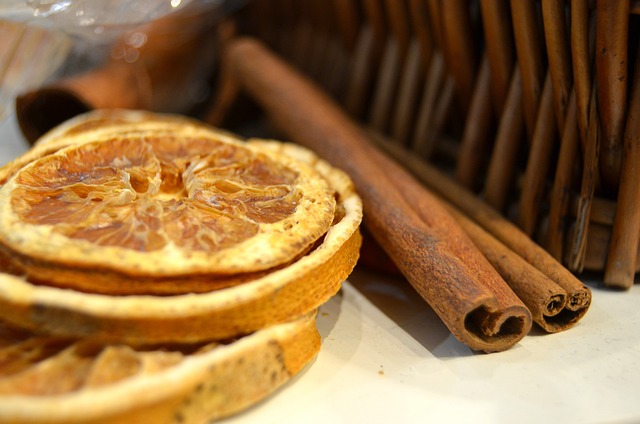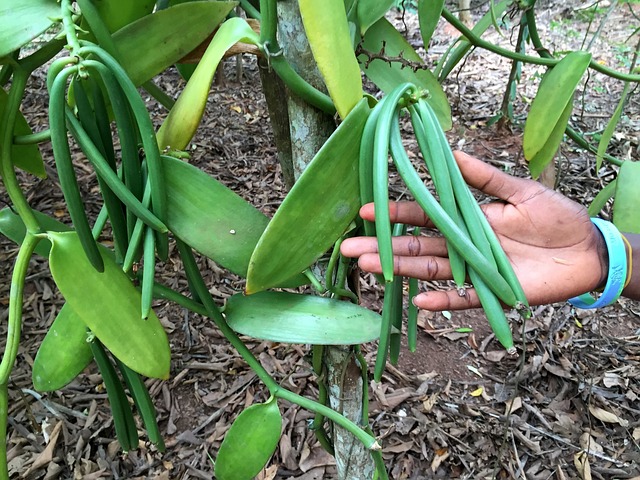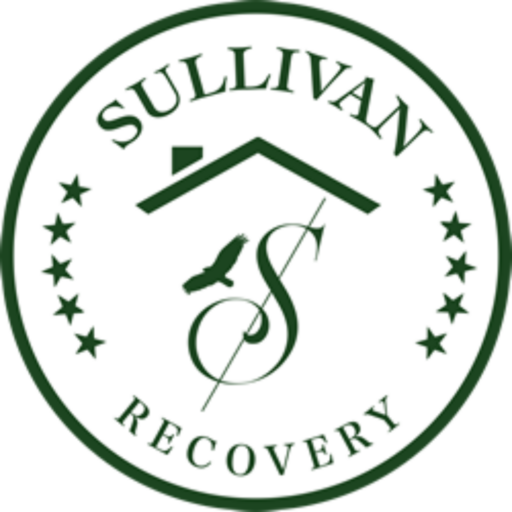

Vanilla extract is a concentrated solution derived from soaking vanilla beans in a solution containing ethyl alcohol and water. The primary ingredients—vanilla beans and alcohol—work together to draw out the rich, unique flavor that defines vanilla extract.
Commercially available vanilla extract typically contains between 35-40% alcohol, comparable to some alcoholic beverages. The pure vanilla extracts you find in stores meet specific regulatory standards, ensuring consistency in taste and quality.
The process of extracting the flavor from vanilla beans requires a solvent, and ethyl alcohol serves as an ideal medium to achieve this. Alcohol pulls out the vanilla flavor compounds efficiently, making it the preferred solvent in both pure and imitation vanilla extract.
Since pure vanilla extract contains a high alcohol content, it’s theoretically possible to consume enough to get drunk. But it raises questions about safety, health risks, and practicality.

The short answer is yes—drinking vanilla extract can get you drunk. However, it requires a significant amount of the extract to reach intoxicating effects. The high alcohol content is the reason why consuming a bottle of vanilla extract can lead to drunkenness. Vanilla extract typically contains as much alcohol as vodka or rum, making it as potent as an alcoholic beverage when consumed in large amounts.
The amount of vanilla extract needed to get drunk depends on factors like body weight, tolerance, and alcohol sensitivity. Generally, consuming two to three ounces of vanilla extract could have similar effects to drinking an alcoholic beverage. But because vanilla extract has such a strong, concentrated flavor, drinking it isn’t a pleasant experience.
There are significant health risks associated with drinking vanilla extract. Because it contains high amounts of alcohol, drinking vanilla extract in large quantities can result in alcohol poisoning. Alcohol poisoning occurs when there’s too much alcohol in your bloodstream, which can cause serious health problems and even be fatal. Signs of alcohol poisoning include dilated pupils, confusion, vomiting, and slowed breathing.
Drinking vanilla extract can also lead to alcohol addiction and other forms of substance abuse, particularly for those with a history of alcohol use disorder.
Imitation vanilla extract, made with synthetic ingredients instead of real vanilla beans, still contains alcohol. However, consuming imitation vanilla can be even more dangerous due to added chemicals not meant for ingestion in large quantities.
If you drink enough vanilla extract, the alcohol in it can produce intoxicating effects similar to any other liquor. However, the experience is not pleasant due to the strong flavor and potential adverse effects.
Vanilla extract has an alcohol content of around 35%, comparable to that of vodka, rum, or bourbon. For context, two ounces of vanilla extract would contain about the same amount of alcohol as two shots of liquor. Since vanilla extract is typically used in small quantities, its alcohol content is harmless in cooking and baking.

While vanilla extract isn’t intended for drinking, it contains enough alcohol to cause addiction if misused. For people struggling with alcohol cravings or alcohol use disorder, vanilla extract could become a substitute in situations where alcohol isn’t available.
To prevent misuse, it’s essential to store vanilla extract safely and out of reach of those prone to alcohol addiction. Awareness of its alcohol content can help deter misuse.
Yes, vanilla extract is safe to consume in recipes because it’s typically used in small amounts. The alcohol evaporates during baking, leaving behind only the vanilla flavor. Most recipes use one or two teaspoons of vanilla extract, an amount far too small to cause intoxication.
By understanding the risks and effects associated with drinking vanilla extract, we can appreciate its role as a flavoring agent and not a drink. Vanilla extract is an excellent addition to recipes in safe, small amounts—but drinking it carries serious health risks and should be avoided.

At Sullivan Recovery, as an in-network provider we work with most insurance plans, such as:
And More
If you or a loved one are struggling with mental health challenges or substance abuse, reach out to Sullivan Recovery today. Our team of compassionate professionals is here to support your journey towards lasting well-being. Give us a call at 949-836-7180. Visit SAMHSA for more information.